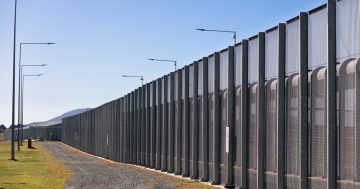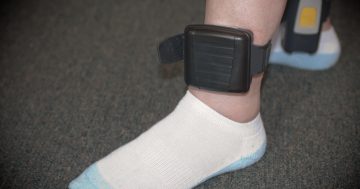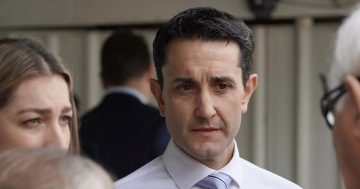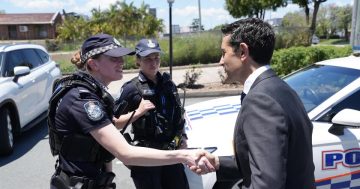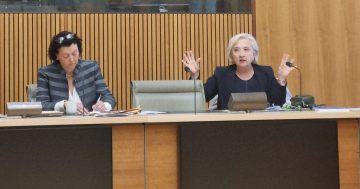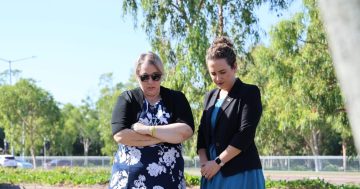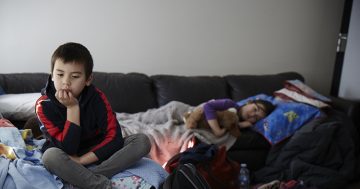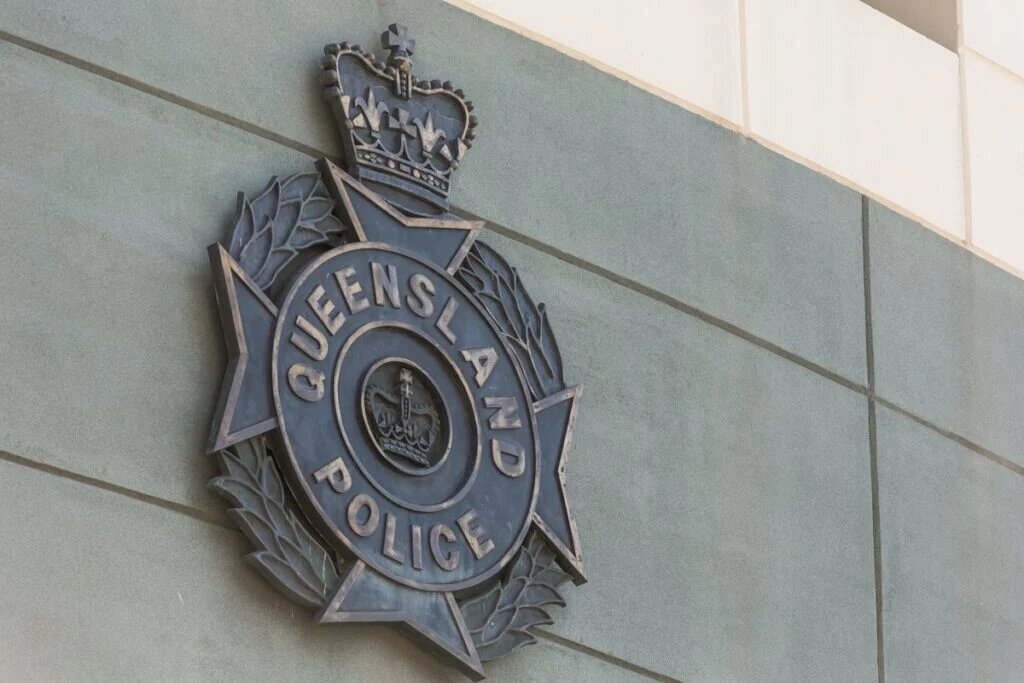
QCOSS members are frustrated with policy decisions that keep more children imprisoned for longer periods of time. Photo: QLD Police.
Queensland’s peak body for the social service sector has provided input to the federal inquiry into Australia’s youth justice and incarceration system, finding the nation’s current approach “harmful” and “not effective in reducing youth crime”.
More than 300 members spanning the state’s sector contribute to the Queensland Council of Social Service (QCOSS). It also works within the community services sector to co-ordinate the Queensland Raise the Age campaign, which calls for the minimum age of criminal responsibility to be raised from 10 to 14.
In its recent submission, the body outlined how community-based interventions that deal with the root cause of crime are proven to improve the wellbeing of young people and reduce offending behaviour.
However, for policies that rely on a punitive approach, such as more reliance on detention, it claims they “are not effective in reducing youth crime and are harmful to young people and the community”.
“The current approach to youth justice and incarceration in Queensland and throughout many other jurisdictions in Australia is harmful,” read the report. “National leadership and co-ordination is essential.
“The way forward must be shaped with First Nations leadership and a clear commitment to the human rights of children.”
The lead up to the state’s election on Saturday (26 October) has revealed both sides of state parliament bear policies that QCOSS claims “will cause more children to spend more time in detention, including in adult watchhouses”.
“Currently in Queensland children are being subjected to harmful treatment that is deeply troubling and not consistent with our human rights laws,” reads the report.
“On an average night in Queensland, there are 305.8 incarcerated children and young people. This is a higher nightly average than any other state or territory in the country.
“Queensland also has the second highest rate of children’s incarceration on a per capita basis in Australia, after the Northern Territory.”
The Children’s Court of Queensland’s annual report for 2022-23 noted that 8119 children spent time in adult watchhouses over the year. It said that “close to 1000 children spent five or more days in the watchhouse and 146 of those children spent 15 or more days in the watchhouse”.
The Queensland Family and Child Commission (QFCC) said that “over the four years prior to the end of 2022, the number of admissions to watchhouses increased by 452 per cent and the number with a length of stay of more than one day increased by 163 per cent”.
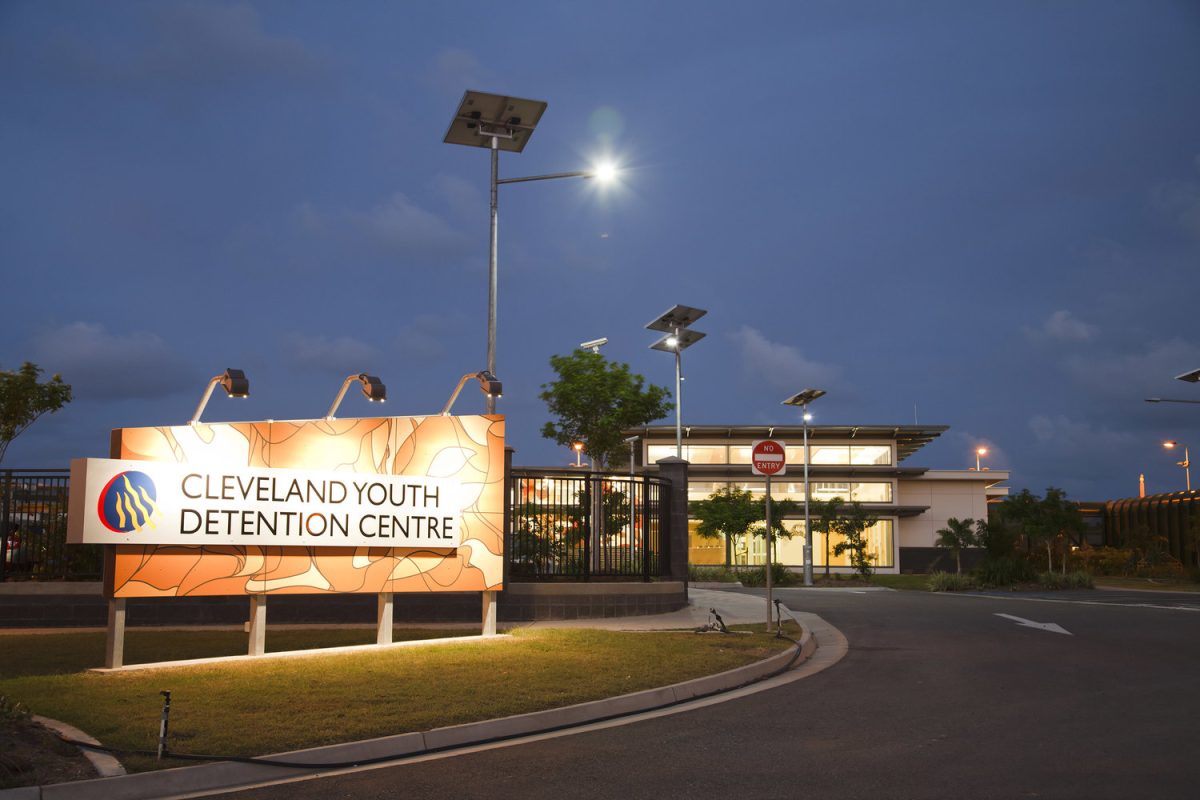
There is a high ratio of staff to young people at sites like the Cleveland Youth Detention Centre (CYDC) in Townsville, which has a bed capacity of 112 and a catchment from Rockhampton out to the Northern Territory border. Photo: Mode Design Corp.
QCOSS believes recent policy and operational decisions have resulted in high numbers of children being arrested and charged with offences. Following the introduction of the breach of bail offence for children, the body reports that 1144 children were charged with 8464 breach of bail offences over a 12-month period.
To accommodate an increase in the number of detainees, the incumbent Labor Government intends to build two new youth detention centres that would cost hundreds of millions of dollars.
An Indigenous-led service, a member of QCOSS that provides support to families and children, told the body that youth incarceration often led to adverse outcomes. The service has noticed that young people who are incarcerated are at a higher risk of social disconnection and are more likely to reoffend once released.
Rates of recidivism shown in a University of Queensland study back up this observation, finding that of the children who are sentenced to detention, 80 per cent will return to youth justice supervision within 12 months.
Even if a child wants to get out of detention, the QFCC reported last year that court bail refusals have increased (12 per cent in 2019 to 20.3 per cent in 2022) and bails granted have decreased. They also noted a 47.9 per cent growth over two years in the time young people spent on remand in detention awaiting their session in court.
On top of the difficulties young people face in seeking employment after leaving the justice system, QCOSS highlighted the disproportionate impact it has had on First Nations children.
In the 2022-23 financial year, nearly 70 per cent of those incarcerated in Queensland identified as Aboriginal and/or Torres Strait Islander; especially in the 10- to 13-year-old bracket where this was more than 80 per cent.


